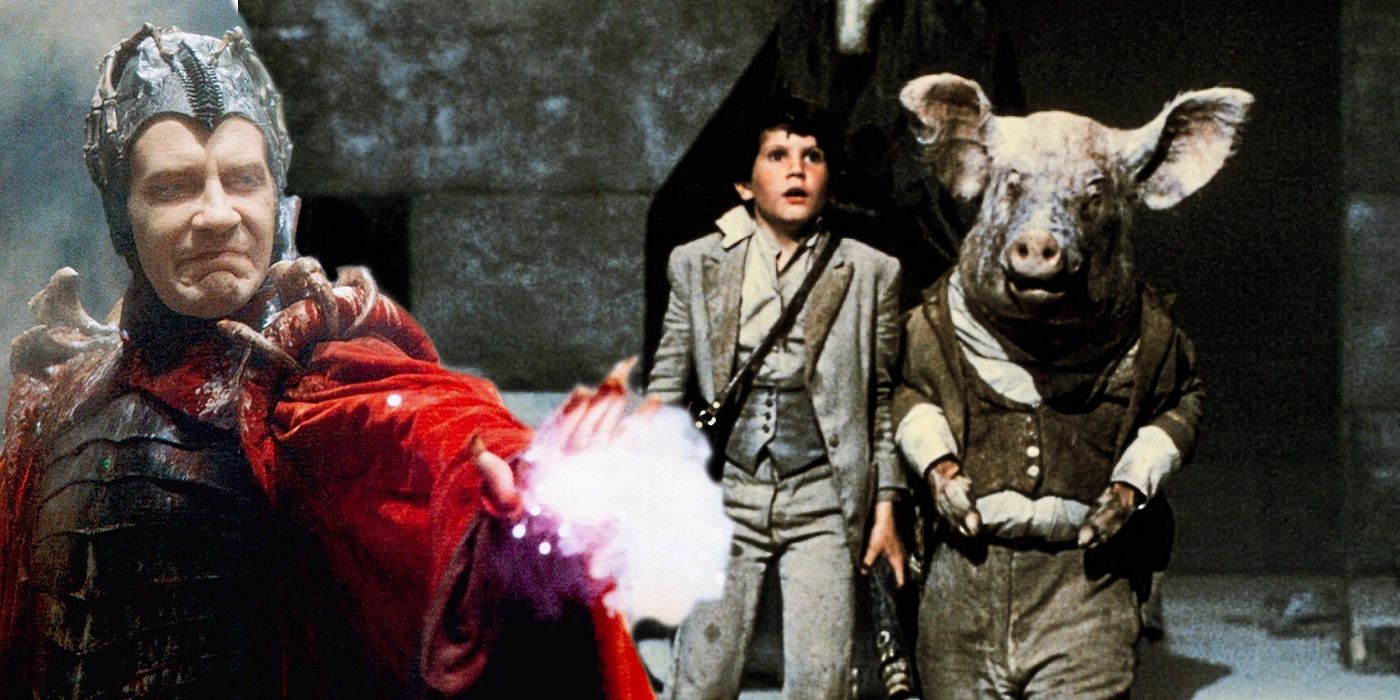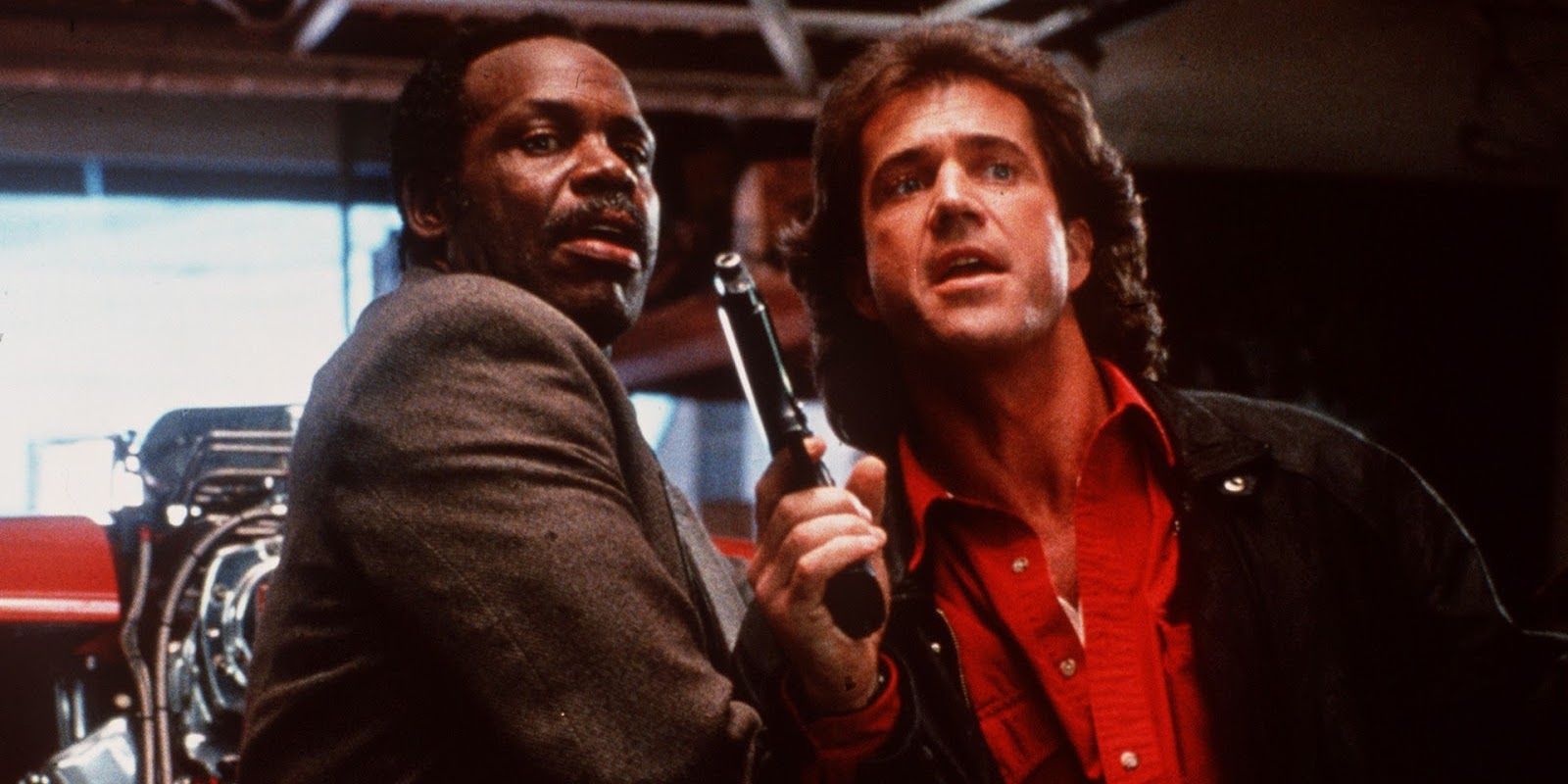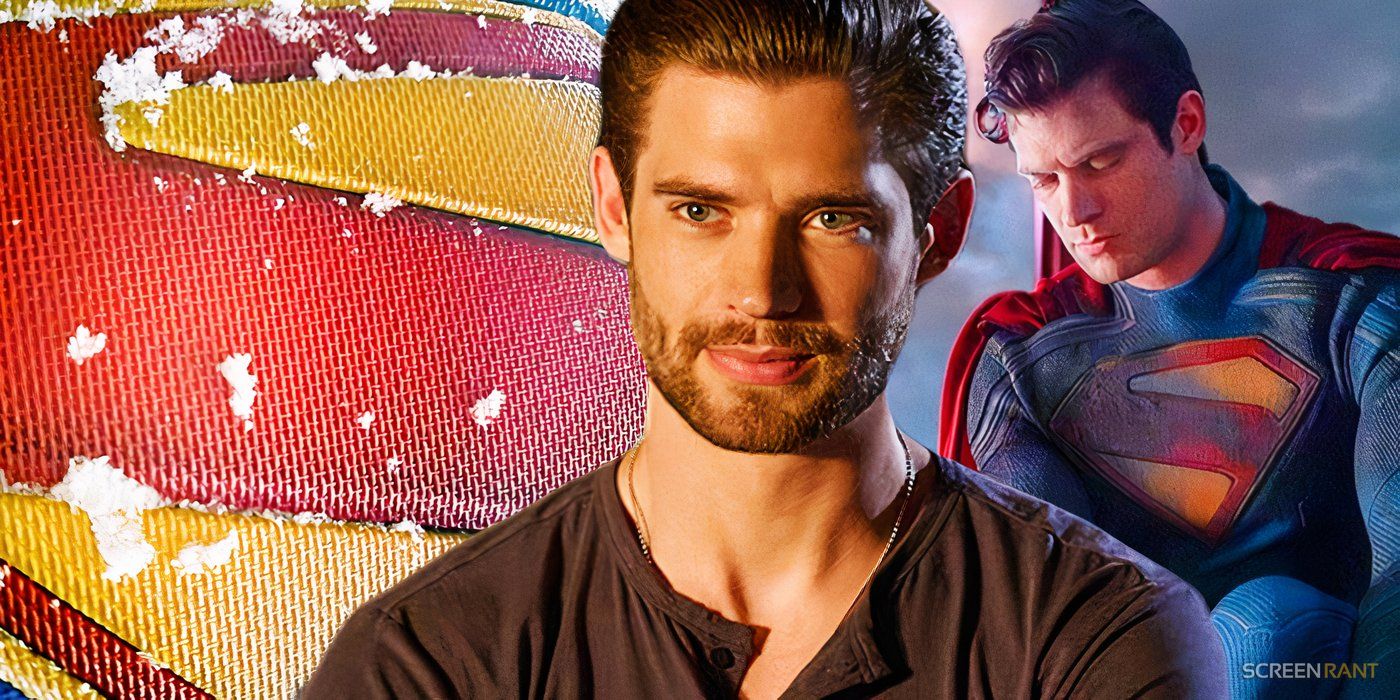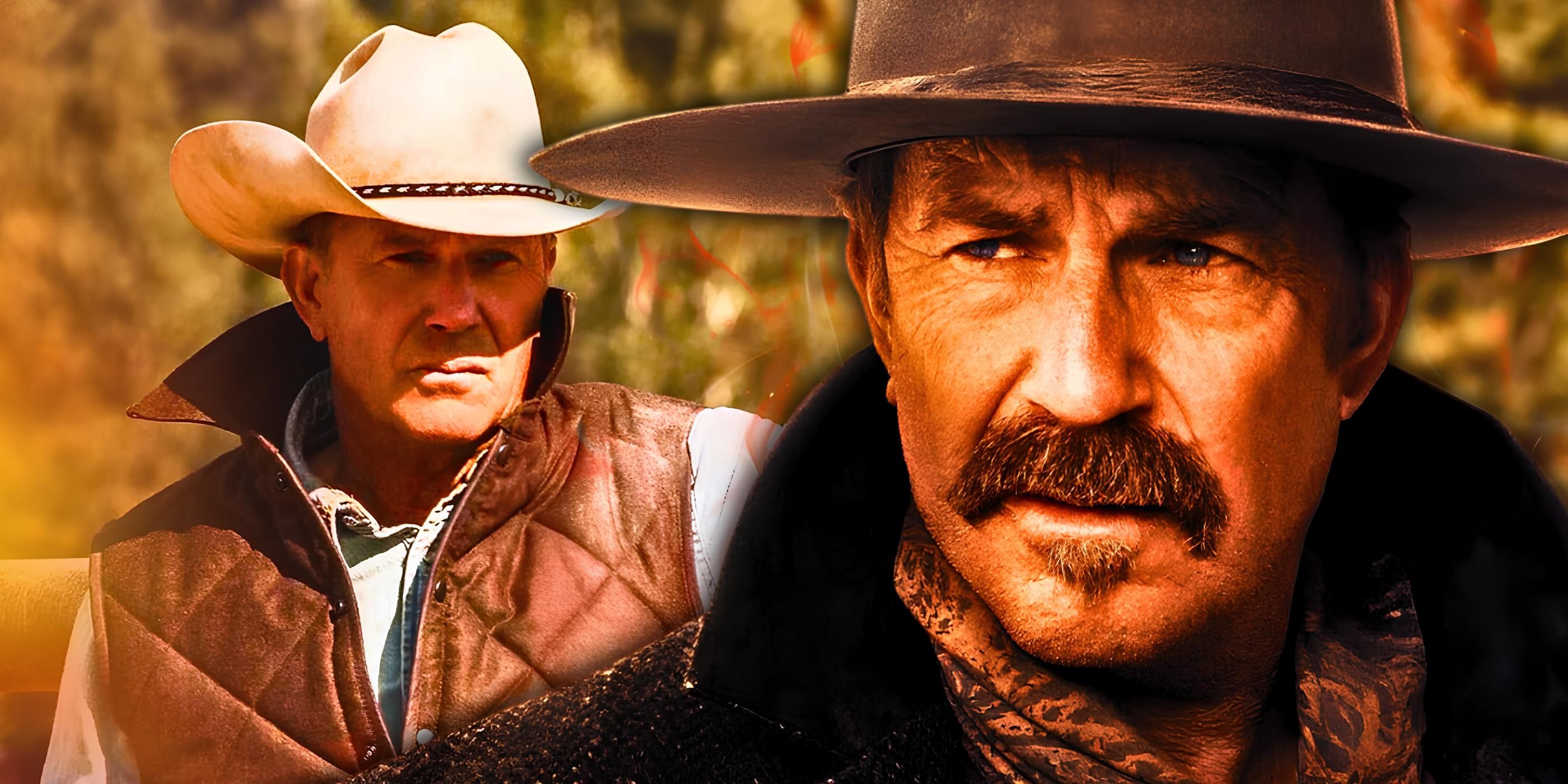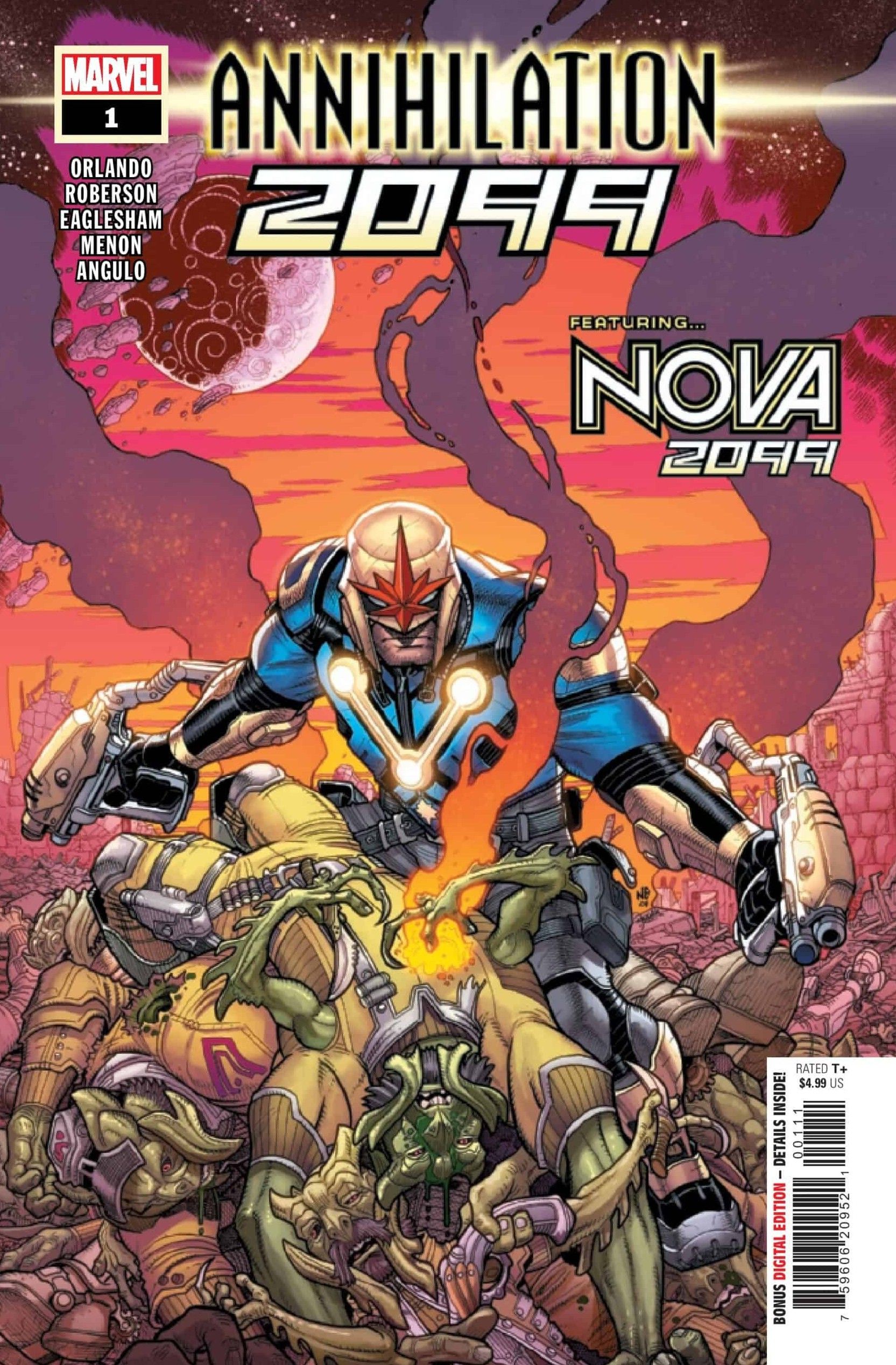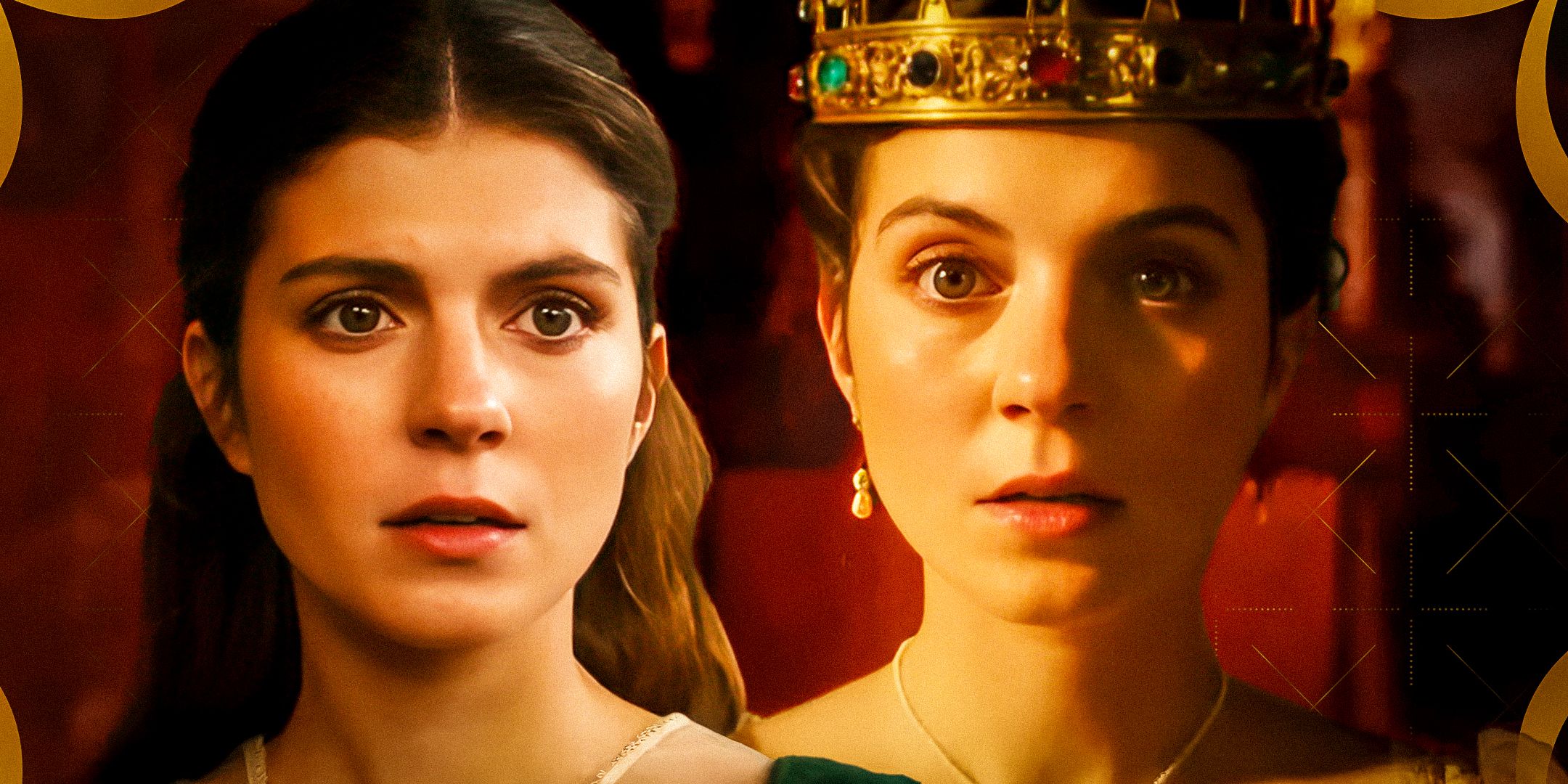With the recent announcement that My Hero Academia will be ending within the next few weeks, like many others of its fans, I experienced an acute sense of sadness. Indeed, despite knowing since 2022 that the iconic manga would be winding down at some point in the next few years, finally knowing the exact date of its final chapter is still disheartening.
While there are myriad reasons why a fan would feel sad about My Hero Academia’s ending, one of the most common sources of disappointment stems from the emotional investment fans have put into following the story, learning about the characters and their backgrounds, and growing with its heroes – and villains – for nearly a decade.
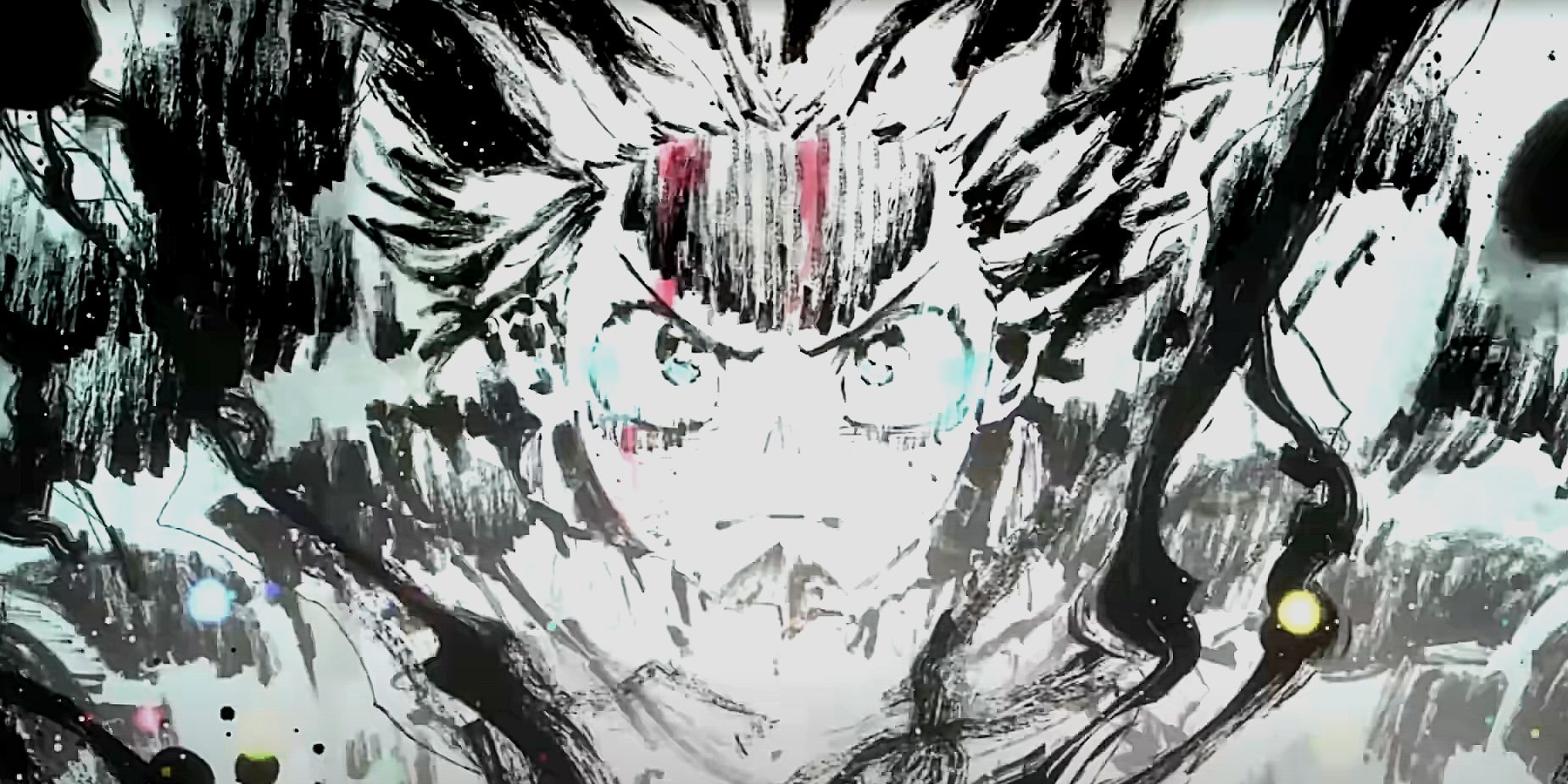
For me, however, the more personal reason arises from the impact that My Hero Academia has had on reigniting my childhood interest in superheroes.
My Hero Academia Is a Superhero Story With Manga Characteristics
In My Hero Academia, Teenagers Save The World
My Hero Academia is primarily a hero’s journey focused on Izuku (Deku) Midoriya’s transformation from a powerless school kid to one of the most powerful beings on Earth. Unlike the traditional hero’s journey, Deku’s story takes place in a superhero milieu. It was My Hero Academia’s focus on superheroes and creator Kohei Horikoshi’s awesome depiction of a rich and diverse superhero community that helped me find what I was missing from the superhero stories that I loved as a kid. After immersing myself in My Hero Academia for a few months, I once again found myself drawn to exploring more superhero tales.
Before reading My Hero Academia, I had not read a superhero comic in years. However, that does not mean I dislike the genre. I’ve been “into” comics my whole life. My first recollection of holding a comic book was as an elementary school kid checking out my friend’s copy of that 1978 Marvel classic – Son of Origins. That sparked an interest in superheroes that led to a collection of over 5,000 comic books – almost all of which are superhero stories.
Ever on the lookout for great content, I eventually expanded my interests into Japanese manga. This was largely the result of the hours-on-hours I spent watching anime when not reading comics. Naturally, the manga I followed with the most dedication were the series with the biggest superhero vibe, including the original Super Sentai and Kamen Rider manga series. If not for manga’s absence of the typical superhero narrative, I would have been more interested in manga than I initially was.
The Reboots in Marvel and DC Comics Led Me To Embrace Manga More
Too Many Resets Make Following Storylines Hard
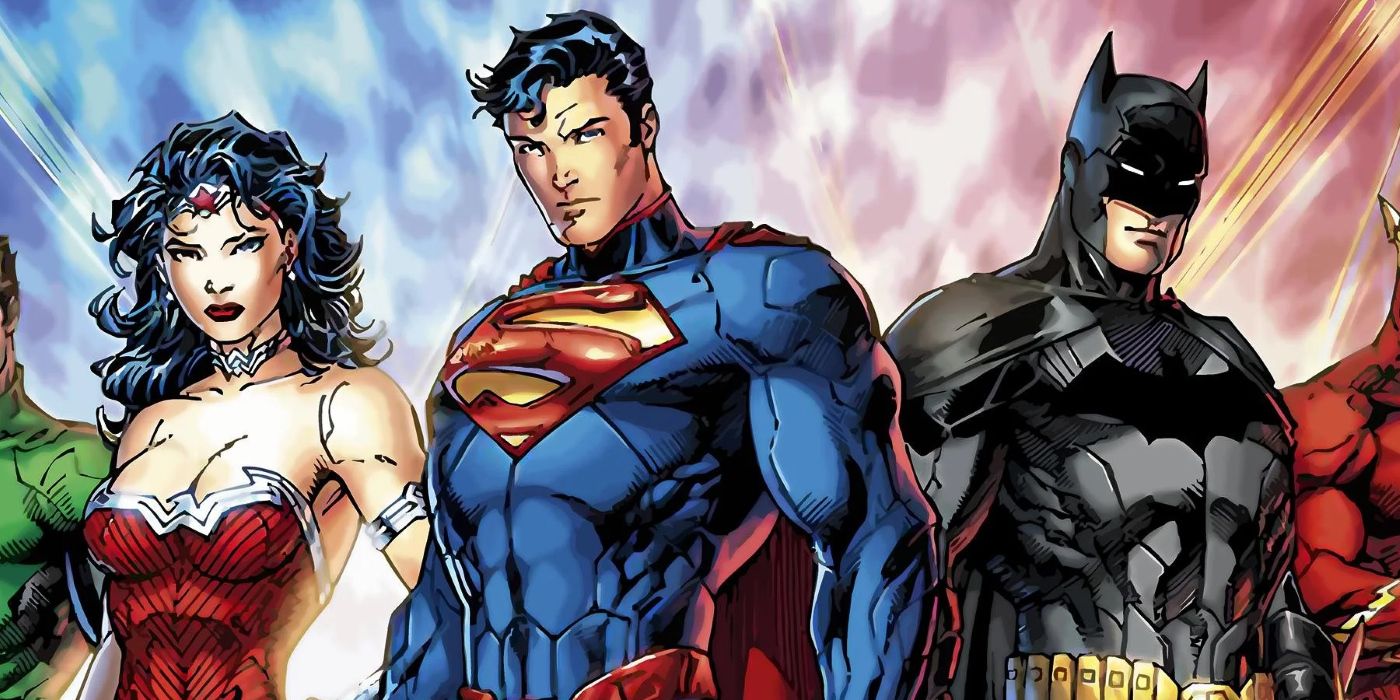
My interest in superheroes, however, took a nosedive once Marvel and DC – the comic book publishers I followed the most – began systematically rebooting, or reinterpreting their universes. I understand that reboots are Marvel’s and DC’s way to attract new generations of fans and followers by regularly updating their storylines and reimagining their “legacy” heroes. But I also believe constant resets unnecessarily complicated the storylines of my favorite heroes. Indeed, it wasn’t long before everything was confusing to me.
Consequently, I quit reading and collecting superhero comics. But rather than give up comic books altogether, I turned to manga. While manga was never a big medium for superhero stories, the diversity of its subject matter is truly unparalleled. Accordingly, I could explore a range of genres, from isekai to slice-of-life, sports to supernatural, that I never thought of trying when I was purely focused on superhero stories. Indeed, some of my favorite manga titles, such as Tokyo Ghoul, Mobile Suit Gundam, and Attack on Titan, had little connection with the superhero genre.
Nevertheless, manga was never able to extinguish my interest in superhero stories completely. Consequently, I occasionally checked back into the Marvel and DC multiverses in hopes of finding some “old superhero magic”. However, I just found more of the same. Marvel and DC reinventions have become cliché. Indeed, the more I looked, the more frustrated I became at the banality of the modern-day superhero story reset. No one described this situation better than Galactus’ mother Taaia in Al Ewing and Javier Rodriguez’s Defenders Beyond #4:
Reboot after reboot, you said!! And each sooner than the last – always hunting for the perfect fix – until not even we know if we’re the true story or your latest maybe-verse.
My Hero Academia “Reboots” Classic Superhero Storytelling
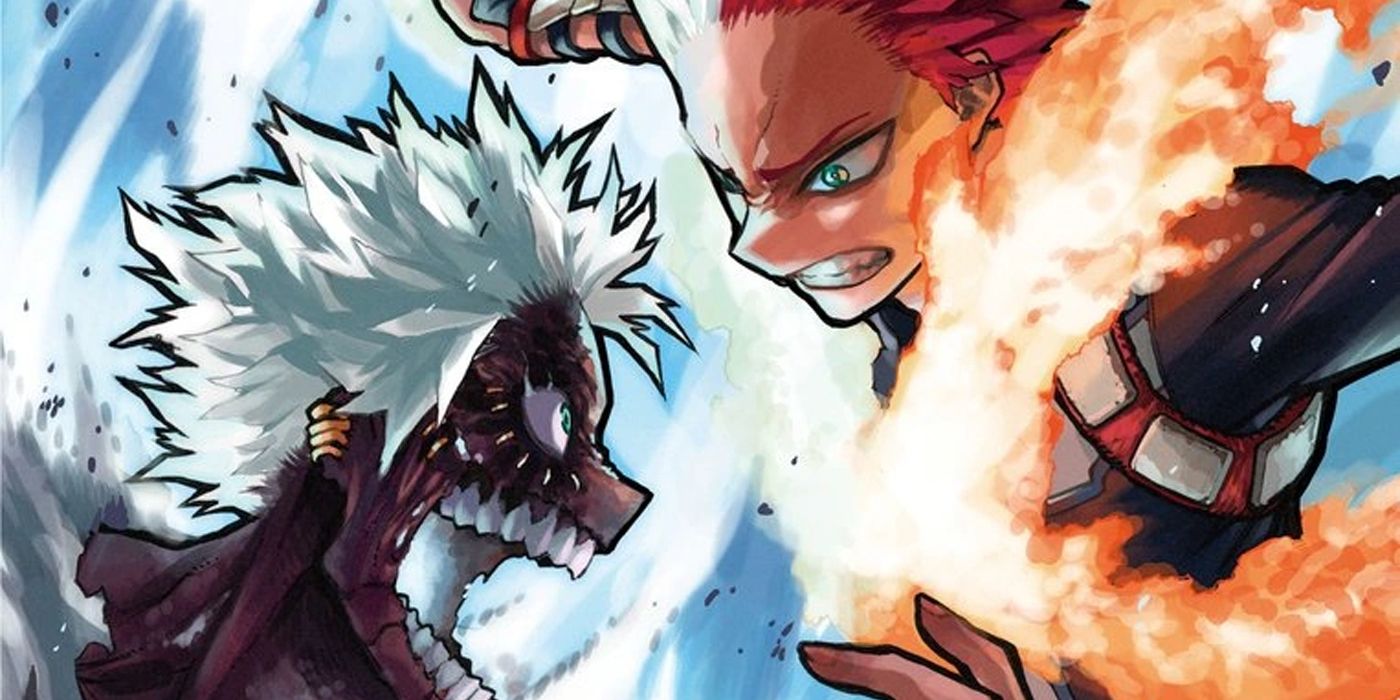
But then I came across My Hero Academia. Understanding the superhero manga scene, I initially did not have many expectations. But the more I read, the more I realized just how good My Hero Academia truly is as a manga in general, and as a superhero story in particular. To be sure, it is the quintessential classic superhero story. It mirrors the superhero stories that originally got me interested in comic books.
First, My Hero Academia has compelling, interesting, and memorable characters on both sides of the good and evil divide. The characters grab the readers’ attention and then persuade them to return to see how they evolve in the narrative. No one personifies this characteristic more than Deku. His struggles, motivations, and drive make readers care about and invest in his journey. Readers want him to succeed and fear his defeat.
Conversely, All For One is the classic evil villain who is an essential part of every great superhero story. Fans can’t get enough of hating him and eagerly anticipate his comeuppance. To be sure, All For One – and later Shigaraki – provides the perfect existential threat that pushes and pulls the hero to be the best that he can be. For a superhero story, it doesn’t get much better than that.
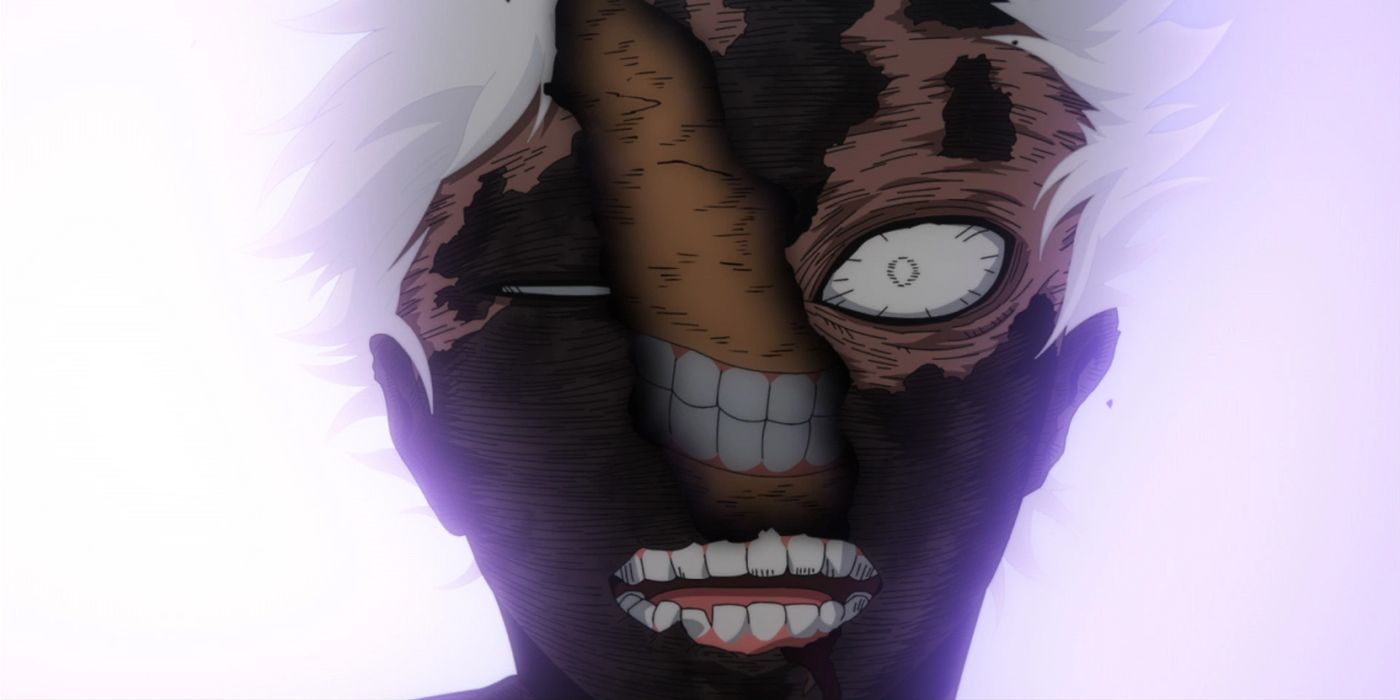
Second, there’s Horikoshi’s stunning artwork. While I’ve criticized Horikoshi’s art style for being messy at times, and how that can detract from the story, I believe that his detail, dynamism, and expression are outstanding, even if he sometimes seems to get lost in the moment. No other scene illustrates Horikoshi’s jaw-dropping art style than the fight between All Might and One For All in My Hero Academia Chapters #92-94. I can’t stress enough how much the art influences the mood, feeling, and delivery of that particular subplot – it has a magical effect that just drew me in.
Lastly, like all great superhero tales, My Hero Academia is an engaging story. On one side, there’s Deku’s struggle with learning to handle the One For All quirk — a power that is both physically and mentally taxing. On the other hand, there’s All For One’s ambition to dominate the world — a quest that becomes even more complicated when his disciple, Shigaraki, takes over. This perfect blend of drama, action, and emotion drew me in, making me invest my time in connecting with the characters and being interested in the outcomes of their lives.
My Hero Academia Has Made Superhero Stories Fun Again For Me
All the fun I’ve had following My Hero Academia convinced me that great superhero stories are out there if I take the time to find them. Fortunately, the success of My Hero Academia has sparked a revolution in superhero content not only in manga but also in Korean manhwa and Chinese manhua. The American superhero universe has also become more diverse, expanding beyond just Marvel and DC. So, there are plenty of superhero stories to explore. Thanks to My Hero Academia, I’m now fully re-engaged in that endeavor.
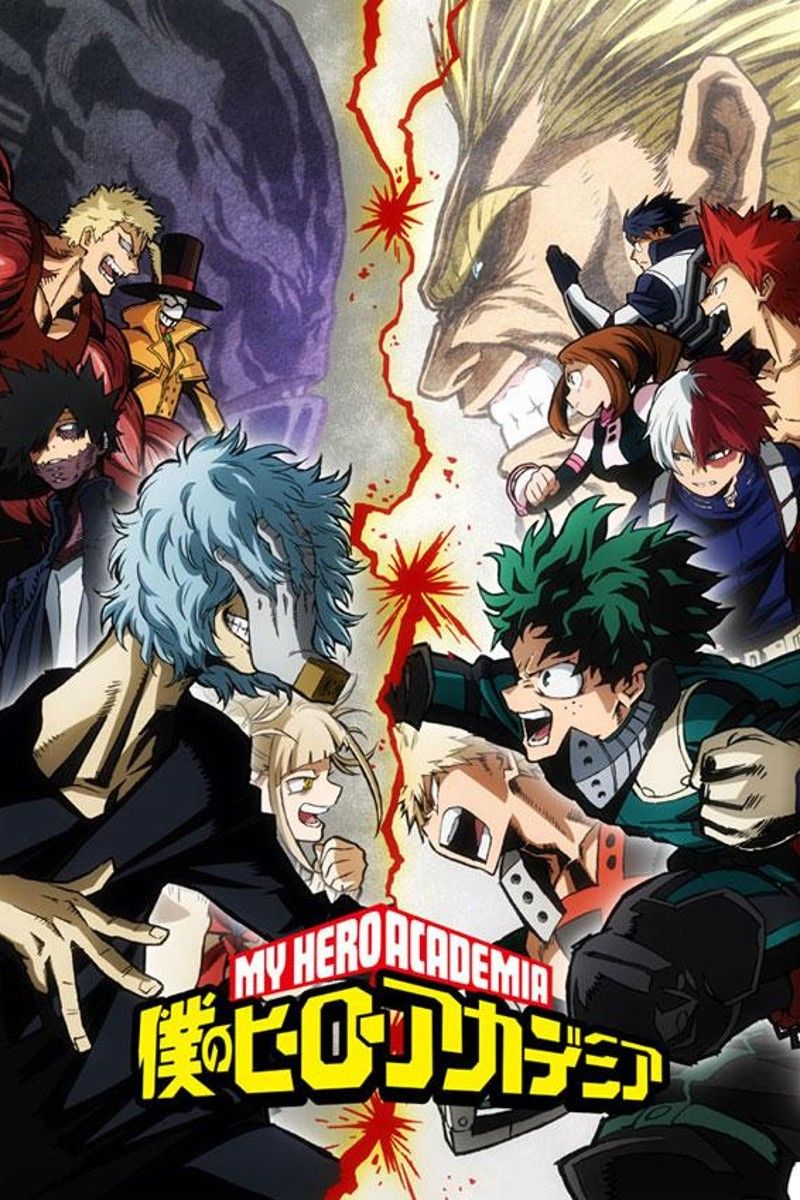
My Hero Academia (2016)
In My Hero Academia, some humans have superpowers called quirks. Izuku Midoriya, nicknamed Deku, is not one of them. Deku has always idolized heroes like the number one hero, All Might, and since he was a child, he has always wanted to be a hero. However, his lack of a quirk has always held him back, but a chance encounter with All Might after discovering a classmate in danger sets Deku on the path to becoming a true hero. My Hero Academia centers around Deku and a class of heroes-in-training at UA. This school shapes young quirk users into future heroes through fake rescue missions, combat training, and other hero-tempering tasks. With young Deku inheriting the “One-For-All” quirk, he will learn what it means to be a true hero while facing off with dastardly supervillains.
- Release Date
-
April 3, 2016
- Website
-
https://www.funimation.com/shows/my-hero-academia/
- Franchise
-
My Hero Academia
- Production Company
-
Bones
- Streaming Service(s)
-
Hulu
, Crunchyroll
